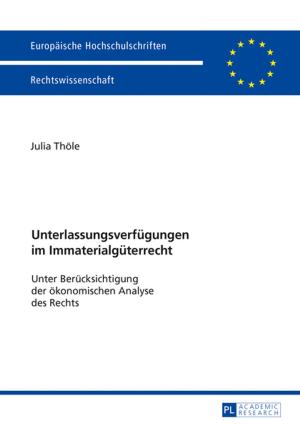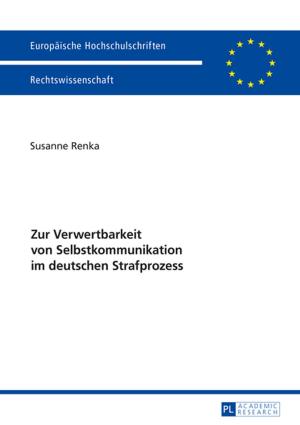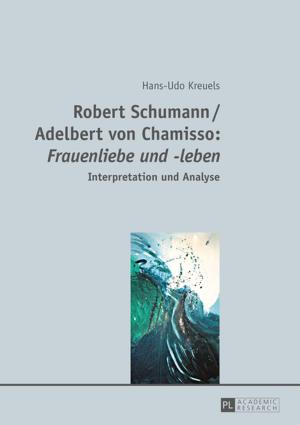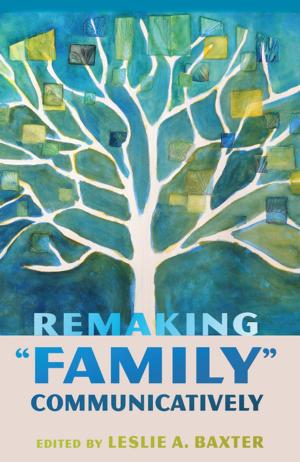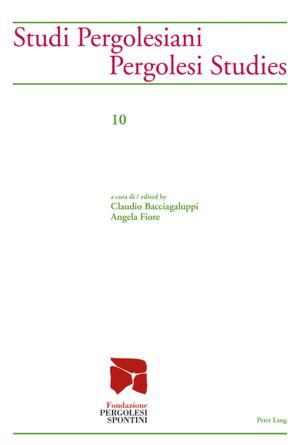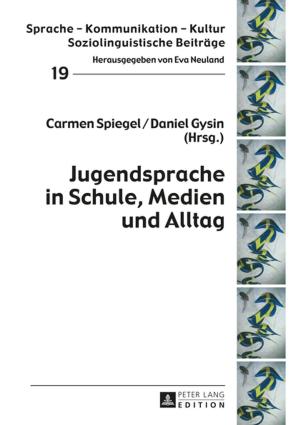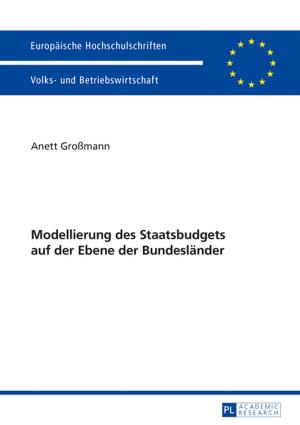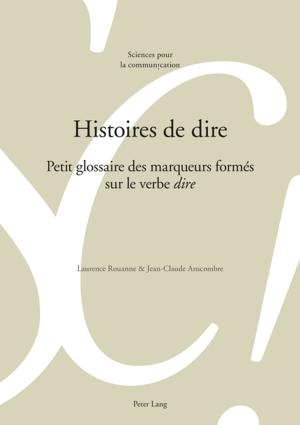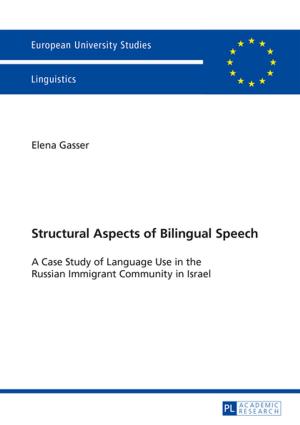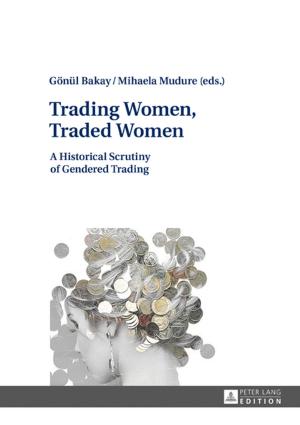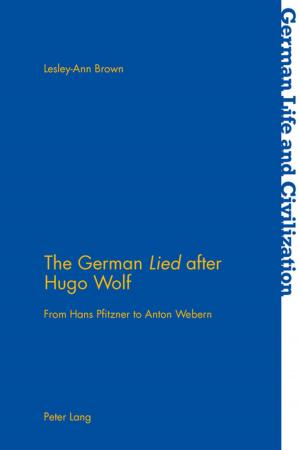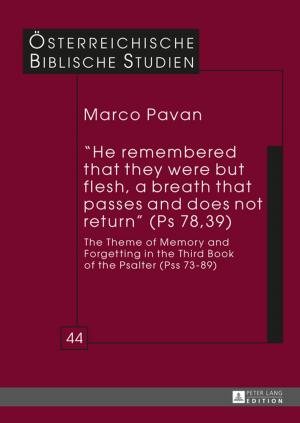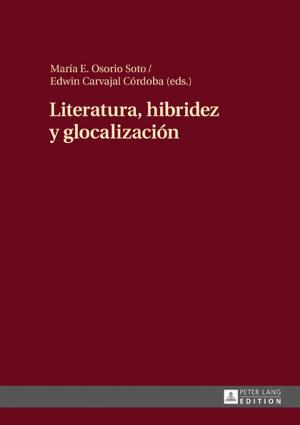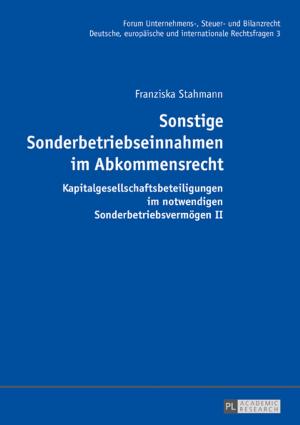The Catholic Revival in Modern European Literature (18901945)
Fiction & Literature, Literary Theory & Criticism, French, Women Authors, European| Author: | Enrique Sánchez-Costa | ISBN: | 9781433141898 |
| Publisher: | Peter Lang | Publication: | January 9, 2018 |
| Imprint: | Peter Lang Inc., International Academic Publishers | Language: | English |
| Author: | Enrique Sánchez-Costa |
| ISBN: | 9781433141898 |
| Publisher: | Peter Lang |
| Publication: | January 9, 2018 |
| Imprint: | Peter Lang Inc., International Academic Publishers |
| Language: | English |
From 1890 to 1945, Europe was shaken by political, social, and cultural revolutions brought about by the crisis of modernity. Marx, Nietzsche, and Freud stoked the yearnings of a convulsed era, devastated by the First World War. It was a time when all kinds of alternative and radical models of modernity were erected in pursuit of a new world: from the exasperation of communist and fascist totalitarianism to the frenzy of the artistic avant-gardes and biopolitics.
Hungry for transcendence and tormented by hope, this passionate age also gave rise in Europe to a Catholic revival in literature. Writers such as G. K. Chesterton, Evelyn Waugh, and Graham Greene in England; Charles Péguy, Paul Claudel, and Georges Bernanos in France; and Ramiro de Maeztu and José Bergamín in Spain found that Catholicism was the key to coping with the enigmas and paradoxes of modern man. At the same time, by injecting the political and artistic principles of modernity into the Christian tradition, they transformed a reactionary Catholicism into the paradigm of ultramodernity.
This book explores the intellectual history of a European cultural phenomenon that has thus far been left out of most works of criticism, despite its magnitude. Moreover, it does so through vibrant prose that makes this work of research read like a novel.
From 1890 to 1945, Europe was shaken by political, social, and cultural revolutions brought about by the crisis of modernity. Marx, Nietzsche, and Freud stoked the yearnings of a convulsed era, devastated by the First World War. It was a time when all kinds of alternative and radical models of modernity were erected in pursuit of a new world: from the exasperation of communist and fascist totalitarianism to the frenzy of the artistic avant-gardes and biopolitics.
Hungry for transcendence and tormented by hope, this passionate age also gave rise in Europe to a Catholic revival in literature. Writers such as G. K. Chesterton, Evelyn Waugh, and Graham Greene in England; Charles Péguy, Paul Claudel, and Georges Bernanos in France; and Ramiro de Maeztu and José Bergamín in Spain found that Catholicism was the key to coping with the enigmas and paradoxes of modern man. At the same time, by injecting the political and artistic principles of modernity into the Christian tradition, they transformed a reactionary Catholicism into the paradigm of ultramodernity.
This book explores the intellectual history of a European cultural phenomenon that has thus far been left out of most works of criticism, despite its magnitude. Moreover, it does so through vibrant prose that makes this work of research read like a novel.

